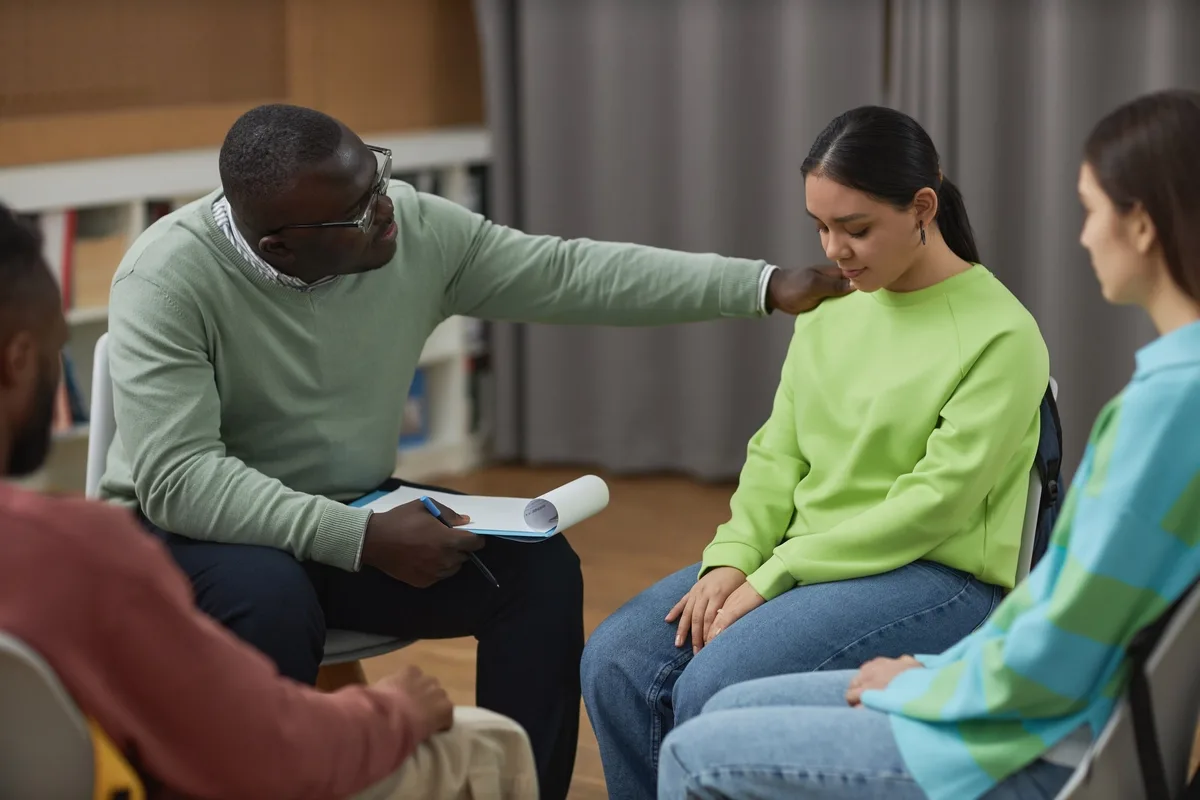24/7 Helpline:
(866) 899-221924/7 Helpline:
(866) 899-2219
Learn more about Benzo Rehab centers in Columbia
Benzo Rehab in Other Cities
Other Categories in Columbia

Other Insurance Options

UMR

Meritain

Health Choice

BlueShield

WellCare Health Plans

Sliding scale payment assistance

Medical Mutual of Ohio

Choice Care Network

EmblemHealth

CareSource

Horizon Healthcare Service

Premera

State Farm

Sutter

Lucent

Aetna

Ambetter

MVP Healthcare

Oxford

Health Partners








